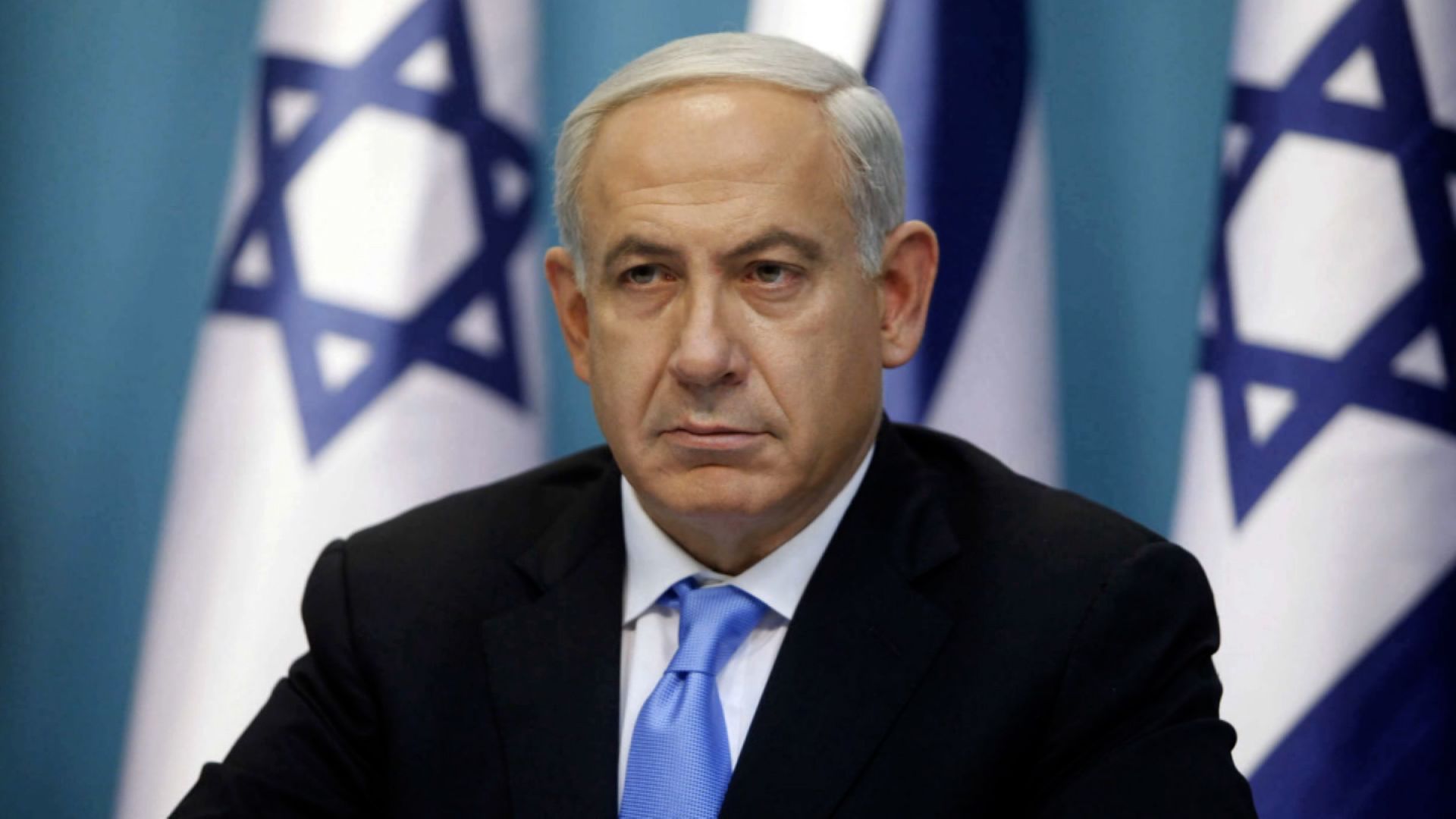Jerusalem, Israel—Prime Minister Benjamin Netanyahu has voiced his support for a U.S.-brokered ceasefire agreement with Hezbollah, signaling a potential pause in hostilities after 14 months of intense conflict along Israel’s northern border. This move underscores Israel’s strategic approach to securing its national interests while pursuing regional stability.
The ceasefire deal, set to begin on Wednesday, outlines a 60-day halt to hostilities. During this period, Hezbollah forces are expected to retreat north of the Litani River. Control of southern Lebanon would shift to the Lebanese Armed Forces and United Nations Interim Force in Lebanon (UNIFIL) peacekeepers. The Israel Defense Forces (IDF) will also pull back into Israeli territory, provided the transfer of control proceeds as planned. The agreement will be overseen by a multinational committee, led by the United States, tasked with monitoring compliance and addressing any violations.
Netanyahu emphasized that Israel reserves the right to respond militarily to any breach of the ceasefire. “We have dealt significant blows to Hezbollah, setting them back decades,” Netanyahu said. “This agreement allows us to refocus on the Iranian threat, rearm our forces, and further isolate Hamas.”
Strategic Gains for Israel
The ceasefire comes after a year of sustained Israeli operations that have significantly degraded Hezbollah’s military infrastructure. The conflict has resulted in heavy casualties and widespread displacement, but it also allowed Israel to dismantle key elements of Hezbollah’s war-making capacity. For Israel, the ceasefire serves as a strategic pause to consolidate gains and prepare for future regional threats.
International and Domestic Reactions
The ceasefire has received international support from key allies, including U.S. President Joe Biden and French President Emmanuel Macron, both of whom praised the agreement as a step toward stabilizing the region. Lebanese Prime Minister Najib Mikati also expressed support, emphasizing the need to halt the devastating impacts of the conflict on civilian populations.
Domestically, reactions have been mixed. Security Minister Itamar Ben-Gvir criticized the ceasefire, calling it a “mistake” that may not adequately neutralize Hezbollah’s threat. However, Netanyahu defended the decision, asserting that Israel’s military and security priorities remain uncompromised.
Implications for Regional Stability
The deal represents a temporary reprieve in a volatile region, offering both Israel and Hezbollah an opportunity to recalibrate. For Israel, the ceasefire allows resources to be redirected toward addressing other threats, particularly from Iran. For Hezbollah, the agreement provides breathing room amid significant military losses.
The international community remains cautiously optimistic, recognizing the complexities involved in maintaining a lasting peace. The next 60 days will be crucial in determining whether the ceasefire can hold and whether the terms will pave the way for long-term stability in the region.
Sources
- The Guardian: Netanyahu to Recommend Hezbollah Ceasefire Deal
- Reuters: U.S.-Brokered Ceasefire with Hezbollah
- AP News: Israel and Hezbollah Agree to Ceasefire
- Times of Israel: Netanyahu Defends Ceasefire Agreement
- BBC News: Reactions to Hezbollah Ceasefire Deal

